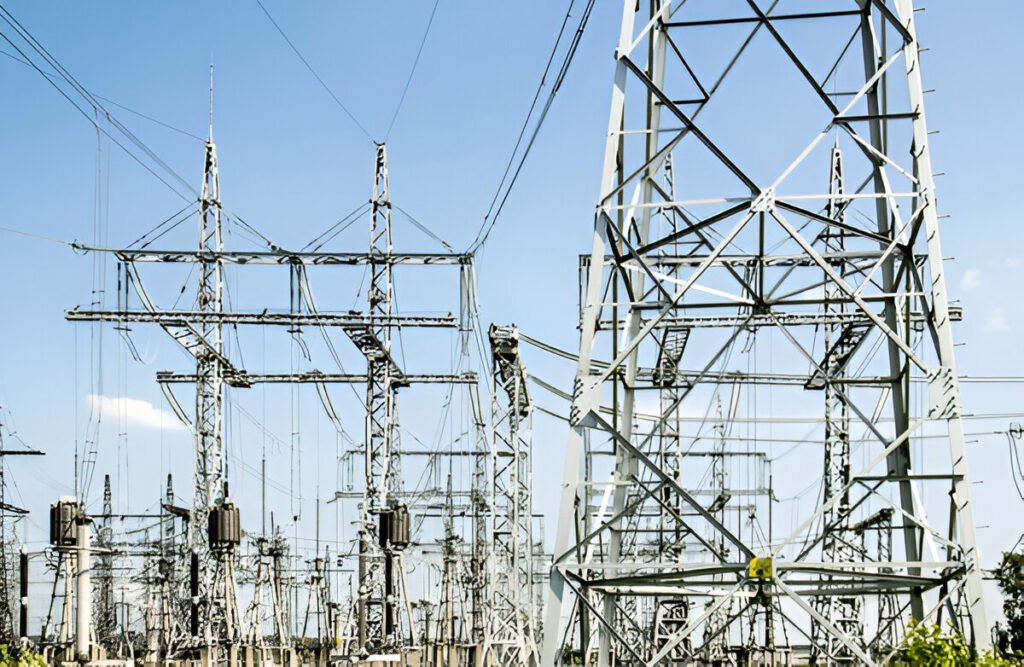As environmental standards in California continue to tighten, proper transformer disposal has become more than just a business necessity—it’s a legal obligation. Companies must comply with state and federal guidelines to avoid penalties, reduce environmental risks, and contribute to sustainability efforts. Whether you’re looking to get rid of outdated equipment or manage large-scale decommissioning, understanding the approved methods for transformer disposal is essential.
Understanding California’s Regulatory Framework
California’s environmental regulations, especially under the Department of Toxic Substances Control (DTSC) and the California Environmental Protection Agency (CalEPA), enforce strict guidelines for the handling and disposal of electrical equipment, including transformers. These regulations are designed to mitigate the release of harmful substances such as PCBs (polychlorinated biphenyls), oil residues, and heavy metals into the environment.
Companies must determine whether their units are classified as hazardous waste. If they are, the transformers must be handled, transported, and processed only by certified facilities and professionals.
Key Methods for Transformer Disposal in California
1. Professional Transformer Removal Services
Before any disposal can occur, transformers must be safely disconnected and removed from service. Using licensed professionals ensures compliance with safety protocols and regulatory guidelines. At JJ TRANSFORMERS, we offer transformer removal services that prioritize both environmental responsibility and workplace safety.
Our team ensures all fluids are properly drained, hazardous materials are documented, and the units are transported to authorized disposal or recycling facilities.
2. Recycling and Reuse
One of the most sustainable disposal methods is transformer recycling. Instead of sending components to landfills, recycling involves separating usable metals such as copper and steel and reclaiming them for future use. JJ TRANSFORMERS is committed to eco-conscious operations and ensures your used units are processed responsibly in accordance with California law.
Additionally, we maintain a stock of used transformers for sale, offering refurbished units that meet industry standards and reduce the environmental impact of manufacturing new equipment.
3. Selling Transformers to Licensed Buyers
If your transformers are still operational or can be repaired, the best approach may be to sell transformers rather than dispose of them. Selling helps avoid unnecessary waste and allows other businesses to benefit from cost-effective solutions. Our team connects sellers with verified buyers who understand California’s compliance framework.
JJ TRANSFORMERS is one of the most reputable transformer buyers in the region, providing fair assessments and competitive offers for used equipment.
4. Scrapping Obsolete Units
Units that are beyond repair or no longer meet regulatory standards may be classified as scrap. Through our dedicated scrap transformers program, we ensure these units are disassembled in an environmentally friendly way, with all hazardous materials properly disposed of.
Every step is documented for traceability and compliance reporting, giving businesses peace of mind and meeting DTSC requirements.
Why Choose JJ TRANSFORMERS?
Whether you’re looking to recycle, resell, or dispose of your electrical equipment, JJ TRANSFORMERS is your go-to partner for solutions that align with California regulations. We help businesses responsibly buy transformers or sell them to trusted industry partners. From removal and assessment to final recycling or resale, our comprehensive services are designed for full regulatory compliance and maximum asset recovery.
Final Thoughts
Proper transformer disposal in California is not just about removing old equipment—it’s about doing so in a way that protects the environment, complies with state regulations, and maximizes equipment value. By partnering with JJ TRANSFORMERS, you can ensure your outdated or non-functioning units are handled professionally and sustainably.



